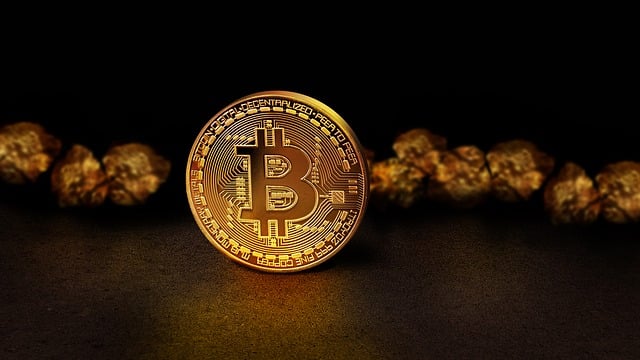Crypto Gas Fee: What You Need to Know
In the world of cryptocurrencies, gas fees play a crucial role in transactions. They are an essential aspect of the blockchain technology that powers these digital currencies. Understanding how gas fees work is vital for anyone involved in crypto trading or investing. In this article, we will delve into the details of crypto gas fees and explore their implications.

What Are Crypto Gas Fees?
Gas fees represent the cost associated with executing transactions or smart contracts on a blockchain network. In simpler terms, they are the fees you pay to have your transaction processed and confirmed on the blockchain. Gas fees are a mechanism to incentivize miners to validate and add transactions to the blockchain.
Gas vs. Gas Limit vs. Gas Price
To completely grasp the concept of gas fees, it is important to understand the distinction between gas, gas limit, and gas price:
Gas:
Gas is a unit of measurement for the computational work required to execute a specific transaction or smart contract. Each operation on the blockchain network consumes a certain amount of gas.
Gas Limit:
Gas limit refers to the maximum amount of gas you are willing to pay for a transaction or contract execution. If your transaction exceeds the gas limit, it will fail, and the unused gas will be refunded to you.
Gas Price:
Gas price is the amount of cryptocurrency you are willing to pay for each unit of gas consumed. Miners prioritize transactions with higher gas prices since they earn more from validating and including them in a block. Gas prices fluctuate depending on network congestion and demand.
Calculating Gas Fees
Calculating gas fees involves multiplying the gas consumed by the gas price. Simply put, gas consumed × gas price = gas fees. It is important to note that various blockchain networks have different gas fee structures, so the calculations may vary depending on the network you are using.

Implications of High Gas Fees
High gas fees can create several challenges and impact the overall user experience within the crypto ecosystem:
1. Transaction Costs:
High gas fees significantly increase the cost of transactions, especially for smaller ones. This can deter users from engaging in frequent or low-value transactions.
2. Network Congestion:
When gas fees are high, the network experiences congestion as more users compete to have their transactions confirmed quickly. Congestion leads to longer confirmation times and delays in processing transactions.
3. Inefficient Smart Contracts:
Smart contracts that consume a large amount of gas may become less viable due to their associated high fees. This can limit the growth and innovation potential of decentralized applications.
4. Trading Strategies:
High gas fees can impact trading strategies, particularly for frequent, small-volume trades. Traders might need to account for gas fees when executing their transactions, potentially affecting their profitability.
Conclusion
Crypto gas fees are an integral part of blockchain technology and play a crucial role in transaction processing. Understanding the concept of gas, gas limits, and gas prices is vital for any participant in the crypto space. However, high gas fees can present challenges such as increased transaction costs, network congestion, and limitations on smart contract viability. Keeping these factors in mind is essential for navigating the world of cryptocurrencies effectively.
For more information and free trading signal insights, visit Crypto Signals Telegram: Il Modo Migliore per Ottenere Segnali di Trading Gratuiti.